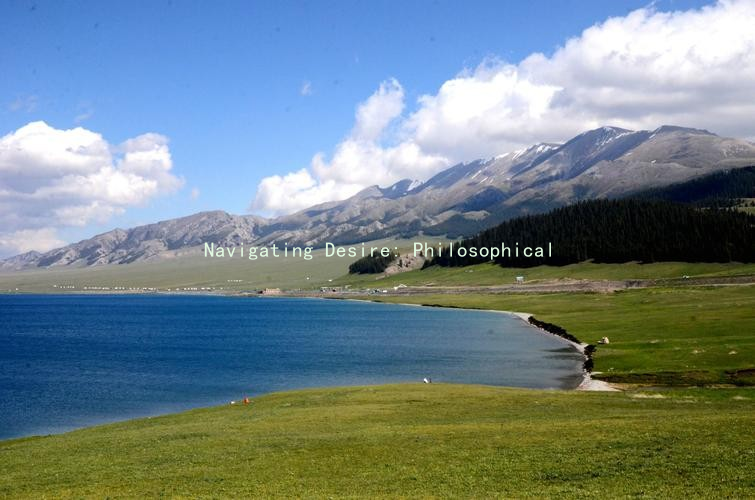Navigating Desire: Philosophical Insights into Relationship Dynamics
Navigating Desire: Philosophical Insights into Relationship Dynamics
The intricacies of romantic relationships often mirror the complexities of human desire. As individuals seek connection, they inevitably grapple with their emotions, aspirations, and the inherent uncertainties of love. To navigate the landscape of desire in a relationship, one can benefit from philosophical insights that illuminate our understanding of intimacy, attraction, and the interplay of vulnerability and trust.
At the heart of desire lies a fundamental question: What do we truly seek in a partner? While physical attraction and emotional connection are significant, deeper philosophical considerations come into play. Plato spoke of love as a ladder of ascent, where individuals begin with physical attraction and, through contemplation, move toward a more profound understanding of beauty and virtue. This suggests that navigating desire is not solely about immediate gratification but involves a journey toward deeper connection and understanding.
To engage with another person meaningfully, one must first cultivate self-awareness. This forms the basis of any healthy relationship. Socratic wisdom teaches us that the unexamined life is not worth living. By reflecting on our desires, motivations, and personal needs, we arm ourselves with a better sense of what we want and, perhaps more importantly, what we can offer in return. Seeking a relationship based on mutual growth and understanding enriches the experience, turning desire into a shared adventure rather than a solitary pursuit.

Communication plays a pivotal role in the dynamics of romance. In his work, Martin Buber introduced the concept of the I-Thou relationship, which emphasizes the importance of genuine connection and mutual respect. When navigating desire, it is essential to move past transactional interactions and engage in sincere dialogue. This creates an environment where both partners feel valued and understood, enhancing intimacy and paving the way for deeper emotional bonds. Clear communication can also clarify intentions, minimizing misunderstandings and setting realistic expectations.
Another critical aspect of navigating relationships is the acceptance of vulnerability. Existential philosophers like Kierkegaard and Nietzsche emphasized that to embrace our desires means recognizing the inherent risks involved in love. Vulnerability requires courage, as it involves exposing our true selves and allowing another to see our strengths and flaws. By embracing vulnerability, we create spaces for authentic connections, showing that we are not merely seeking to fulfill our desires but are also willing to accept the complexity and unpredictability of intimacy.
Furthermore, understanding the fluidity of desire is essential. Modern thinkers often emphasize the non-static nature of human emotions. Desire can ebb and flow, influenced by personal growth, changing circumstances, and shifting interests. Acknowledging this fluidity can help individuals in relationships navigate their dynamics with grace. Instead of clinging to past notions of desire, one can embrace growth and change, seeing each phase of a relationship as an opportunity for renewal and deeper understanding.
In conclusion, navigating desire within relationships is a multifaceted endeavor that can be enriched by philosophical insights. By fostering self-awareness, embracing vulnerability, engaging in open communication, and accepting the fluidity of our emotions, individuals can create a more meaningful connection. Love, at its essence, is a journey rather than a destination, inviting us to explore our desires and those of others continuously. Ultimately, it is this exploration that leads not only to profound intimacy but also to personal growth and self-discovery, revealing the beauty and complexity of human connection.





